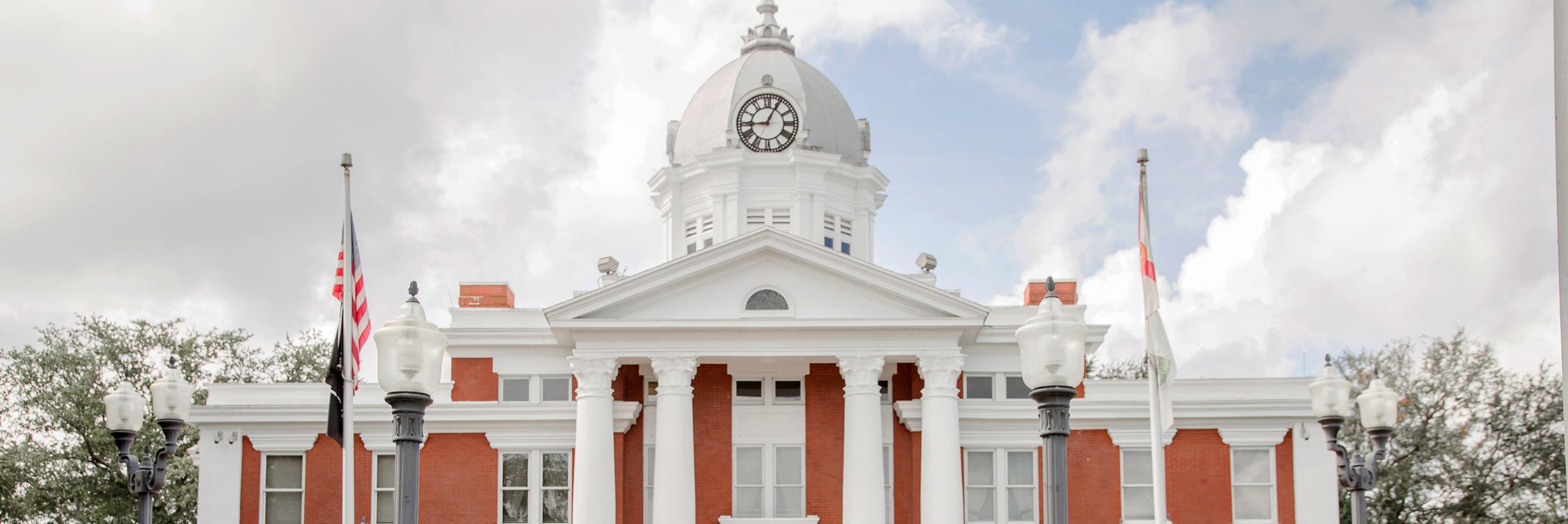
If you have assets, children, or are caring for a loved one, estate planning is essential. Not having an estate plan in place is risky; it leaves the fate of your finances and other assets, as well as the welfare of your loved ones, in the hands of the courts when you pass away. Having your final wishes written out in a legal document makes it so much easier on your remaining family members.
Even if you know estate planning needs to be done, it can be difficult if you aren’t sure about what documents you need. Is a Last Will & Testament enough? Or do you also need a trust? Chances are, you may need an attorney to help you answer these questions.
While both wills and trusts both play an important part in how your assets are dispersed, these two documents serve different purposes. Here are a few differences between these important estate planning tools.
Wills
A will is a legal document that provides written instructions regarding the distribution of your assets after your death. It allows you to choose the person to serve as executor in distributing your assets and fulfilling any final wishes. Beneficiaries, those you choose to benefit from your estate, are also listed in your will. If you have children, your will is the place you appoint their guardians should you pass away when they are still minors.
Whether you have a will or not, it goes through probate. Probate is the process in which the court will transfer ownership titles and assets from the estate to the beneficiaries. The probate court has the right to determine the validity of your will and hears objections to the will from other parties.
Without a will, the court will appoint an administrator to distribute your assets pursuant to Florida statutes. This means that the court will determine how to distribute your assets and who will be the guardian to your minor children. Without your wishes in writing, these important decisions may be at the court’s discretion.
Trusts
A trust is a legal relationship formed with a trustee to hold assets for the benefit of the beneficiaries you have chosen. Assets can include but are not limited to, real estate, money, investments, and even family heirlooms. A trust involves the grantor who is the individual writing the trust and the trustee who holds the trust and manages it for the benefit of both the grantor and the named beneficiaries. Most people create a trust to keep assets from going through probate upon the death of the grantor.
While a will goes into effect when you pass away, with a trust your assets are transferred when you are still alive so the trust holds the assets at the time of your death. At that time, the trustee divides assets among the beneficiaries while avoiding probate.
If you have a legal question or would like to schedule a consultation, call 813-929-7300 today or fill out our contact form.

